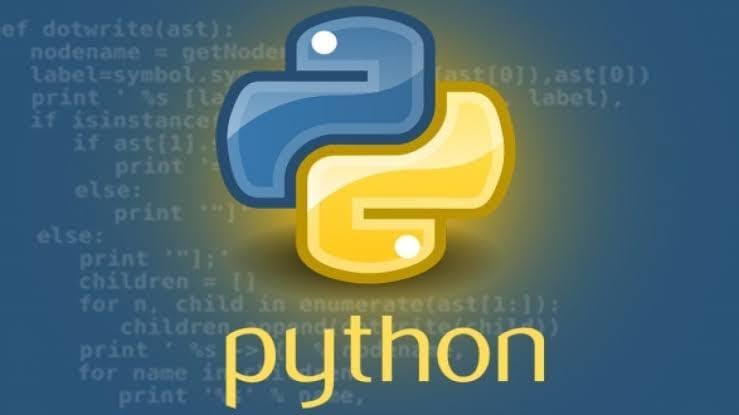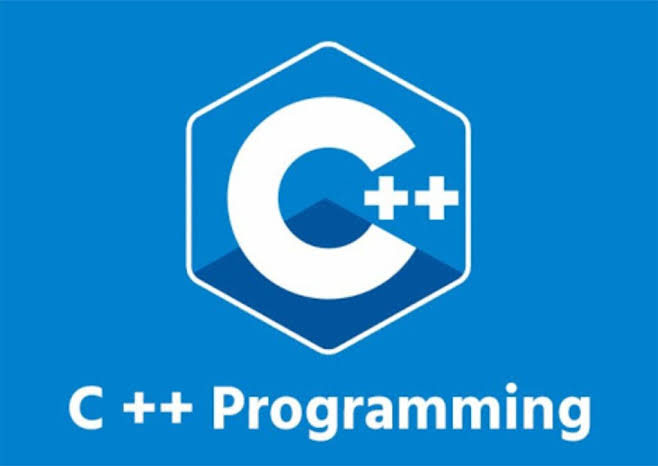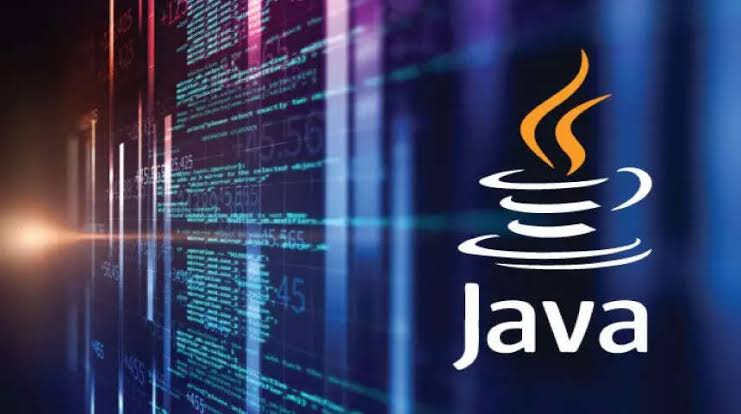Preparing your child for a great career in Tech
- Problem-Solving Skills: Programming encourages a logical and structured approach to problem-solving.
- Creativity and Innovation: Programming empowers you to turn your creative ideas into reality.
- Career Opportunities: In today's digital world, programming skills are in high demand.
- Autonomy and Entrepreneurship: Knowing how to code gives you the ability to create your own projects and businesses.
- Understanding Technology: Learning programming helps you understand how software and digital systems work.
- Critical Thinking: Programming challenges you to think critically and consider different approaches.
- Improved Mathematics Skills: Programming often involves mathematical concepts and algorithms.
- Collaboration: Many programming projects require collaboration with others.
- Adapting to Change: Learning programming teaches you how to adapt to new tools and languages.
- Earning Potential: Programmers tend to have competitive salaries due to the demand for their skills.
- Personal Growth: Overcoming programming challenges boosts your confidence and self-esteem.
- Understanding Algorithms: Algorithms are the backbone of many technological processes.
- Automation and Efficiency: Programming allows you to automate repetitive tasks, saving time.
- Global Community: Programming opens doors to a global community of developers.
- Continuous Learning: Learning programming cultivates a mindset of continuous learning.
""Everyone should learn how to program a computer because it teaches you how to think."
-Steve Jobs
Python Programming Package
Course duration: 3 months
Month 1 (Introduction to Python programming concepts)
Week 1: Introduction to Python Basics- Introduction to Python and its features
- Installing Python and setting up the development environment
- Basic data types: numbers, strings, lists, and dictionaries
- Input/output operations: reading and writing to the console
- Variables and assignment statements
- Basic operators: arithmetic, comparison, and logical operators
- Conditional statements: if, else, and elif
- Looping structures: while and for loops
- Iteration and control flow
- Introduction to functions: defining and calling functions
- Function parameters and return values
- More on lists: indexing, slicing, and list methods
- Tuples and sets: introduction and operations
- Introduction to file handling: reading from and writing to files
- Working with CSV and JSON files
- Introduction to object-oriented programming
- Classes and objects: defining classes and creating objects
- Class attributes and instance attributes
- Methods: instance methods, class methods, and static methods
- Inheritance and polymorphism
Month 2 (Programming with Python)
Week 5: Modules, Packages, and Error Handling- Introduction to modules and packages
- Importing and using modules
- Creating and importing custom modules
- Exception handling: try, except, else, and finally blocks
- Common exceptions and error handling techniques
- List comprehensions: creating lists using a concise syntax
- Generators and iterators
- Lambda functions
- Decorators: modifying the behavior of functions or classes
- Working with dates and times
- Introduction to external libraries: NumPy, Pandas, and Matplotlib
- Installing and using external libraries
- Introduction to APIs: making HTTP requests and handling responses
- Parsing JSON data from APIs
- Final project: building a small Python application
- Final project: Debugging and showcasing
Bonus: Career paths in Software Development
👉 Cost of programme: $120/N100k
Programming With C++
Course duration: 3 months
Month 1 (Introduction to C++ programming concepts)
Week 1: Introduction to Programming and C++ Basics- Introduction to programming concepts
- Setting up a C++ development environment
- First C++ program: Hello World!
- Understanding variables and data types
- Using if, else if, and else statements
- Switch statements
- Introduction to loops: while and for loops
- Defining and using functions
- Function parameters and return values
- Writing modular code using functions
- Creating and using arrays
- Multidimensional arrays
- Introduction to strings and string manipulation
Month 2 (Object-Oriented Programming with C++)
Week 5: Introduction to Object-Oriented Programming (OOP)- Understanding OOP concepts: classes and objects
- Creating and using classes in C++
- Class constructors and destructors
- Member variables and member functions
- Access specifiers: public, private, protected
- Inheriting classes and base classes
- Polymorphism and virtual functions
- Abstract classes and interfaces
- Handling errors using try-catch blocks
- Reading from and writing to files
- Working with text and binary files
Month 3 (Advanced C++ Topics and Projects)
Week 9: Templates and Standard Template Library (STL)- Understanding templates
- Using STL containers like vectors, lists, and maps
- Pointers and memory addresses
- Dynamic memory allocation using new and delete
- Avoiding memory leaks
- Introduction to modern C++ features
- Using auto, lambda expressions, and range-based for loops
- Work on small projects to apply knowledge
- Review of course topics and concepts
- Tips for further learning and resources
Bonus: Career paths of C++ Programmers
👉 Cost of programme: $120/N100k
Programming isn't about what you know; it's about what you can figure out
-Chris Pine
Programming With Java
Course duration: 3 months
Month 1 (Introduction to Java programming concepts)
Week 1: Getting Started with Java- Introduction to programming and Java
- Installing JDK and setting up the environment
- Writing and running your first Java program
- Understanding Java syntax and structure
- Declaring and using variables
- Primitive data types and their ranges
- Arithmetic and logical operators
- Working with strings
- If, else-if, and else statements
- Switch statements
- Using loops: while, do-while, and for
- Defining and calling methods
- Method parameters and return values
- Overloading methods
Month 2 (Object-Oriented Programming with Java)
Week 5: Classes and Objects- Understanding class and object concepts
- Creating classes and objects in Java
- Class constructors and member variables
- Inheriting classes and using super keyword
- Polymorphism and method overriding
- Abstract classes and interfaces
- Handling exceptions using try-catch blocks
- Creating custom exception classes
- Reading and writing to files
- Creating simple graphical user interfaces
- Using Swing components: JLabel, JTextField, JButton
Month 3 (Advanced Java Concepts and Projects)
Week 9: Collections and Generics- Understanding Java collections framework
- Working with lists, sets, and maps
- Introduction to generics
- Introduction to multithreading
- Creating and managing threads
- Synchronization and thread safety
- Introduction to JavaFX
- Creating complex UIs with JavaFX
- Handling events and user interactions
- Working on Java projects to apply knowledge
- Review of course topics and concepts
- Advice for further learning and resources
Bonus: Career paths of Java Programmers
👉 Cost of programme: $120/N100k
Programming With JavaScript
Course duration: 3 months
Month 1 (Introduction to JavaScript Basics)
Week 1: Getting Started with JavaScript- Introduction to web development and JavaScript
- Embedding JavaScript in HTML
- Console logging and basic syntax
- Variables, data types, and operators
- If, else if, and else statements
- Switch statements
- Using loops: while, do-while, and for
- Logical operators and truthy/falsy values
- Defining and calling functions
- Function parameters and return values
- Understanding function scope and hoisting
- Creating and manipulating arrays
- Working with array methods: push, pop, etc.
- Introduction to objects and key-value pairs
- Accessing object properties and methods
Month 2 (DOM Manipulation and Events)
Week 5: Introduction to the Document Object Model (DOM)- Understanding the DOM structure
- Selecting and manipulating DOM elements
- Attaching event listeners to elements
- Common events: click, submit, mouseover, etc.
- Event object and propagation
- Creating and modifying elements dynamically
- Changing CSS styles and classes
- Updating text content and attributes
- Working with HTML forms and form elements
- Validating user input using JavaScript
- Preventing form submission and displaying errors
Month 3 (Asynchronous JavaScript and Projects)
Week 9: Introduction to Asynchronous Programming- Understanding synchronous vs. asynchronous code
- Callbacks and the event loop
- Fetching data from APIs using Fetch API
- Handling JSON data and updating the DOM
- Introduction to promises and chaining
- Async functions and using async/await syntax
- Building interactive web applications
- Review of course topics and concepts
- Advice for further learning and resources
Bonus: Career paths of JavaScript Programmers
👉 Cost of programme: $120/N100k
Soft Skills
The following is incorporated as part of our Career Soft Skillsin our lectures





